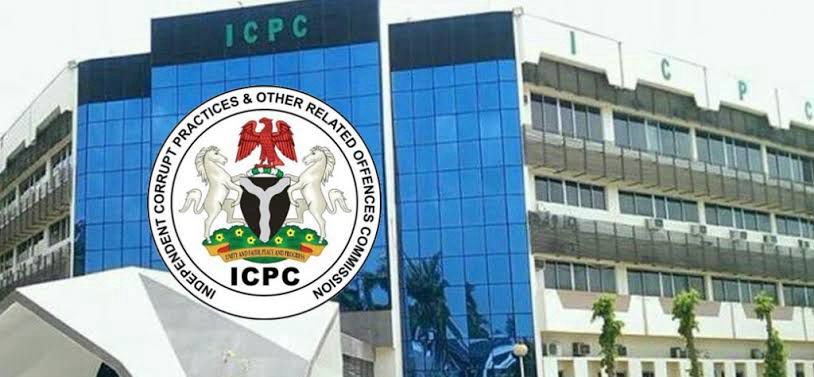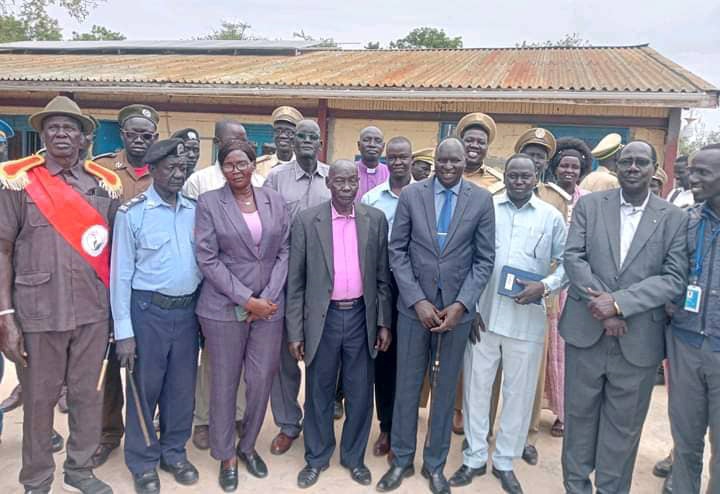NIGERIA: ICPC Raises Alarm Over Proliferation Of Unregulated Herbal Drinks

By Onoja Baba, Nigeria
The Independent Corrupt Practices and Other Related Offences Commission (ICPC) has expressed concern over the increasing proliferation of unregulated herbal drinks, popularly known as “Ala Agbo,” which pose significant health risks to Nigerians.
Mr. Kabir Elelu, the ICPC Resident Commissioner for Lagos State, made the call during a one-day webinar on Thursday.
The event, themed “Building a Transparent and Accountable Public Institution,” also marked the inauguration of the Anti-Corruption and Transparency Unit (ACTU) of the Nigerian Natural Medicines Development Agency (NNMDA).
Elelu highlighted the dangers posed by the widespread sale and consumption of unregulated herbal mixtures, often hawked on the streets, which have been linked to severe health issues, including liver cirrhosis and other life-threatening conditions.
“One particular area I want you to look at is natural medicine; how do we harness it while protecting public health? The rampant hawking of concoctions is killing our people, and it’s a nationwide problem. The agency must urgently address this issue and propose solutions to protect lives,” Elelu questioned.
Elelu also outlined the ICPC’s mandate under Section 6 of its Act, emphasizing the commission’s role in investigating corruption, conducting system audits, and educating the public about corruption’s dangers.
He stressed the need for ethics, integrity, and diligence among public servants, noting that corruption has deeply infiltrated sectors such as security, oil and gas, and healthcare, exacerbating challenges like inflation and unemployment.
Commending the NNMDA for its consistent performance on the ICPC Ethics and Integrity Compliance Scorecard, where it scored above 70%, Elelu urged the agency to strengthen its efforts in ensuring transparency and accountability.
Prof. Martins Emeje, the Director-General of NNMDA, reaffirmed the agency’s commitment to combating corruption and fostering transparency in the development of natural medicines. He described the inauguration of ACTU members as a step toward creating a corruption-free institution.
“With transparency, we are driving the principle of Renewal of Hope to develop natural medicines. Most of our medicines are imported, but within one and a half years, we’ve proven that Nigeria can develop its own medicines without corruption,” Emeje stated.
Emeje attributed the decline of traditional medicine to the impacts of colonialism and corruption, adding that the agency is working to reverse this trend by promoting Nigeria’s natural medicine potential.
categories
recent posts

NIGERIA: JAMB Offers Cash Reward To Debunk Exam Town Misinformation

Chelsea Edge Everton To Break Into Premier League Top Four

World Mourns as Pope Francis’ Coffin Arrives at Rome Basilica for Final Burial

SOUTH SUDAN: Measles Vaccination Campaign Launched In Twic East County

